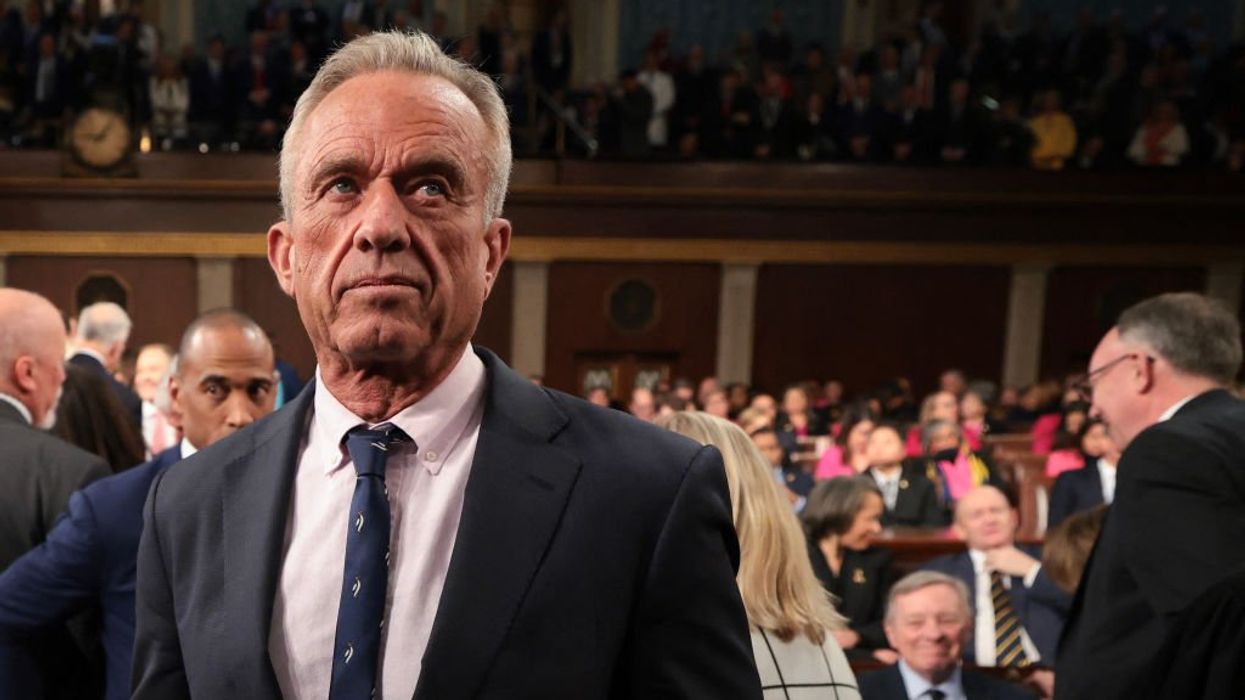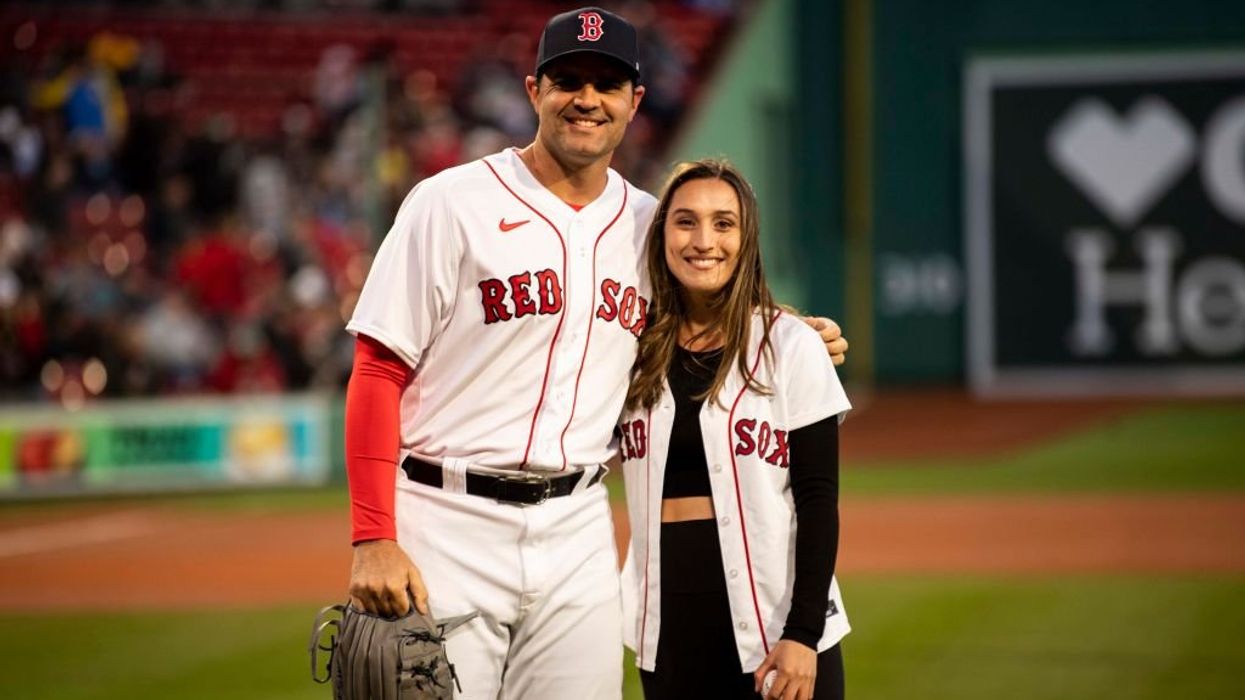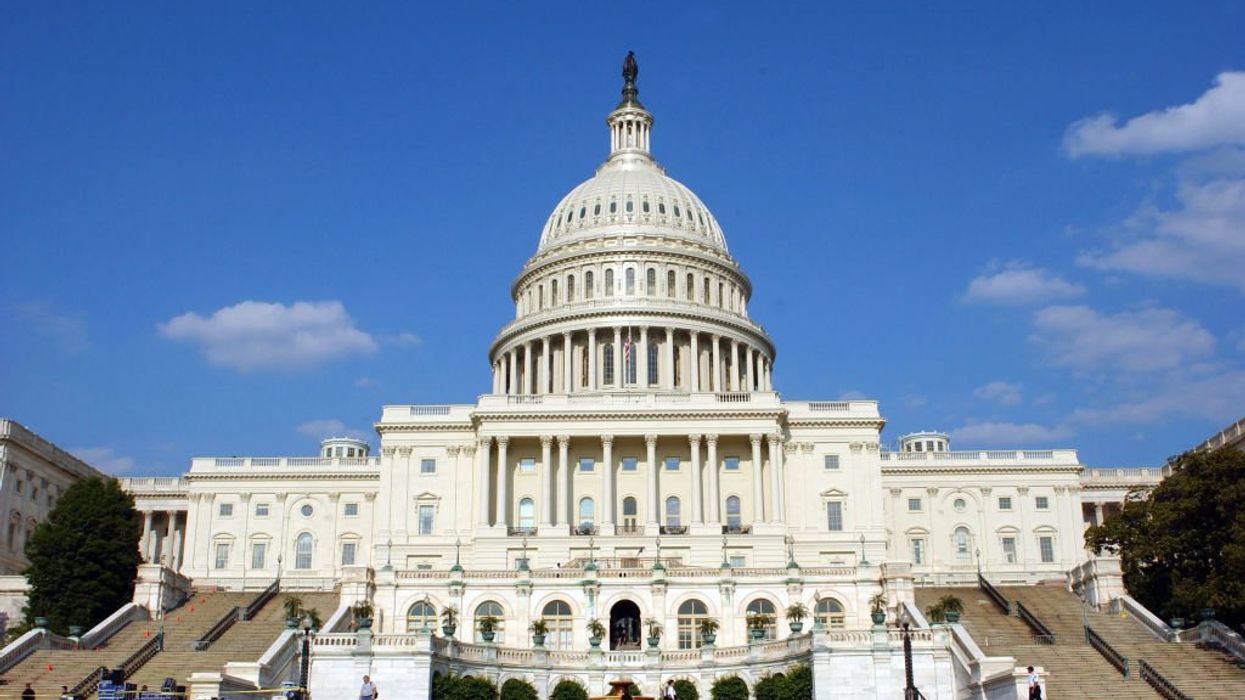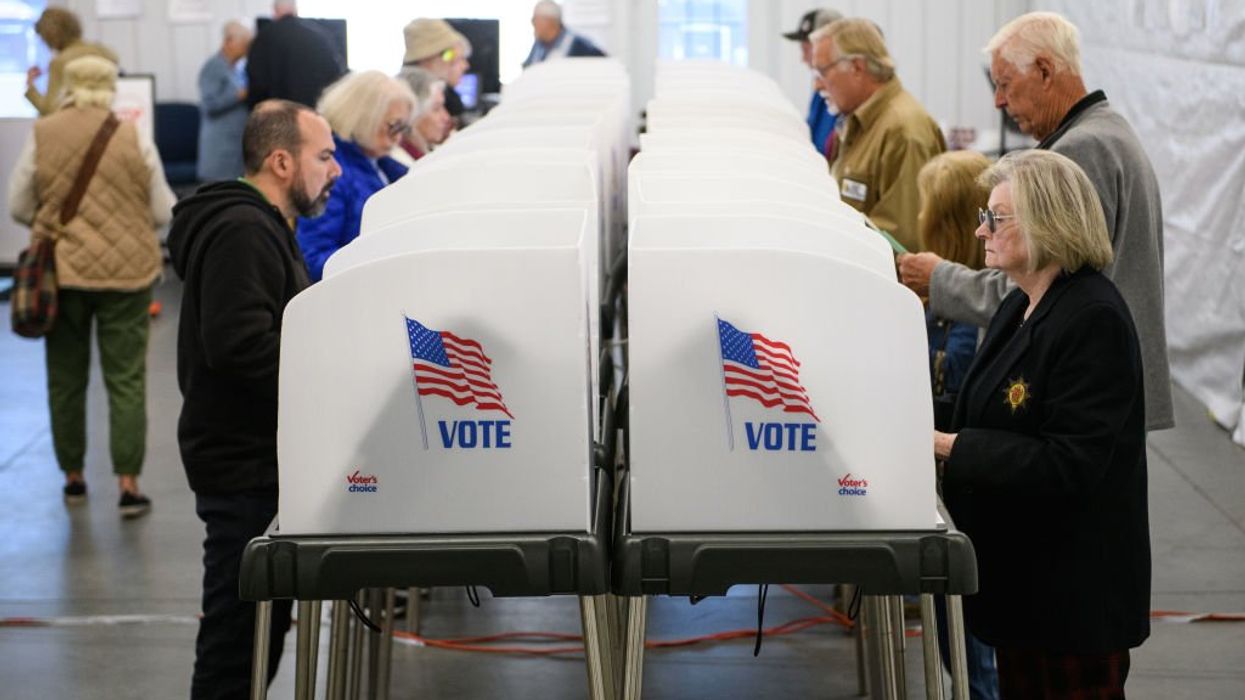Democrats and Republicans don't agree on much, but lawmakers on both sides of the aisle have an interest in controlling social media. On September 5, Attorney General Jeff Session announced plans to meet with state attorneys general to discuss possible regulation of social media over concerns that platforms are stifling conservative speech. On September 13, Senator Mark Warner, the Senate Intelligence Committee's top Democrat, remarked on this heavy bipartisan support for future regulations at a conference hosted by The Atlantic on digital privacy. "Depending on how we framed it, I think we'd have an overwhelming majority," Warner said, noting that he thinks it's likely citizens no longer desire unconstrained liberty in their internet usage. "I think there is a high chance that people realize that the days of the wild, wild west are over—that there needs to be some guardrails."
Every day, Congress is nearing implementation of these online guardrails. On September 5, Facebook COO Sheryl Sandberg and Twitter CEO Jack Dorsey testified before the Senate Intelligence Committee, explaining how foreign intelligence agencies were able to use their social media platforms to spread disinformation throughout the 2016 election. Indeed, the Russian Internet Research Agency (IRA), a Kremlin-linked company specializing in online operations to promote Russian interests, created thousands of political ads and fake pages intended to sow division. Dorsey even described the Russian social media campaign as one comprised of "abuse, harassment, troll armies, propaganda through bots and human coordination, disinformation campaigns and divisive filter bubbles."
All these concerns may have merit, but opening the door for government regulation of social media is a cure far worse than the disease. The federal government, which operates a massive surveillance program through the National Security Agency, isn't exactly the best gatekeeper of user privacy and data. Neither is government the best choice to determine what constitutes "fake news" considering how one of the jobs of the press is to hold government accountable. Allowing the government to decide what is acceptable content is a surefire path to harsher censorship than Jack Dorsey or Mark Zuckerberg could dream of.
Facebook should take steps to prevent fraudulent accounts from spreading disinformation, but it's a task for them, not Congress.
But, in relation to the actual extent of the Russian disinformation campaign, Congress' steps toward interference in social media seem absurd. Facebook revealed in last year's November hearingthat the Russian Internet Research Agency spent only $46,000 on pre-election Facebook ads. In terms of funding, that's remarkably minimal. Compared to the $81 million spent by the Trump and Clinton campaigns, that sum likely had little influence in voter decision-making. What the Russians did was fraudulent, but it's important to understand the scale of the Russian operation before making the case that Congress should intervene.
It's true that millions of Americans saw the Russian ads and clicked "like" on fake profile pages created by the IRA, but that illicit content still made up a miniscule fraction of what social media users saw on a daily basis. A Facebook report published on April 27, 2017, stated that the reach of known operations during the 2016 election was less than one-tenth of a percent of the total reach of civic content. Facebook should take steps to prevent fraudulent accounts from spreading disinformation, but it's a task for them, not Congress. Even if Facebook could remove all Russian propaganda from their site, users are still exposed to content created by their friends. Ultimately, ordinary Americans are just as capable of creating and sharing fake news or divisive political memes as Russian intelligence agents.
Before handing the reins over to lawmakers, social media users should make an effort to protect their own data and decide what content they want to see. And it can be done, but, unfortunately, a recent Pew Research poll found that most Facebook users are unaware of how their newsfeed works. Of the 4,594 surveyed U.S. adults, 53 percent said they didn't understand why certain posts appeared on their feed while others didn't. Yet, this isn't Congress's problem to fix.
People have means of controlling for themselves what they read on social media. Facebook allows its users the ability to prioritize the content they want to see and hide the posts they'd rather ignore. Users can even temporarily unfollow a friend if they find their long-winded political rants annoying. Despite having these tools, only 14 percent of those Pew surveyed said they had a lot of control over their Facebook experience. Yet, a majority of users—63 percent— said they haven't once tried to influence the content they see. Aaron Smith, associate director of research at Pew Research Center, described this as a major contributing factor in fake news consumption: "Whether or not someone has made an effort to influence the content of their own news feed is often linked with their sense that users have control over the content that appears there."
People ought to take responsibility for their own news consumption.
Concern over social media is fueled, in part, by a lack of understanding of how these networks actually work. And Congress, ever-anxious to put regulations where they shouldn't be, is generating needless panic to exacerbate the problem. But the truth remains that social media users have, in their own hands, the tools for curating their experience online. A user can fact-check and unfollow fake news—whether from a Russian bot or a friend at work. But it should be up to the user to determine the validity of the content they see, not some bureaucrat in Washington. People ought to take responsibility for their own news consumption. No one else is qualified enough for the job.

















